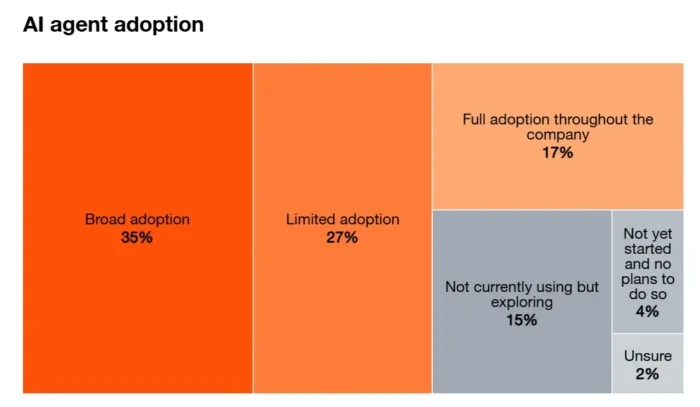Britain’s busiest railway to shut for weeks every year in major repair works
Project aims to remove infrastructure that has been in place for 50 years

Your support helps us to tell the story
From reproductive rights to climate change to Big Tech, The Independent is on the ground when the story is developing. Whether it's investigating the financials of Elon Musk's pro-Trump PAC or producing our latest documentary, 'The A Word', which shines a light on the American women fighting for reproductive rights, we know how important it is to parse out the facts from the messaging.
At such a critical moment in US history, we need reporters on the ground. Your donation allows us to keep sending journalists to speak to both sides of the story.
The Independent is trusted by Americans across the entire political spectrum. And unlike many other quality news outlets, we choose not to lock Americans out of our reporting and analysis with paywalls. We believe quality journalism should be available to everyone, paid for by those who can afford it.
Your support makes all the difference.
Passengers can expect rail disruption as the West Coast Main Line (WCML) is due to undergo once-in-a-lifetime renewals, with sections shutting for weeks at a time over a number of years.
The WCML is the busiest mixed-use (passenger and freight) railway in Europe, and connects the major cities of London and Glasgow, with branches also extending to Birmingham, Manchester, Liverpool and Edinburgh.
However, passengers may expect to see a delay in their journeys starting in 2026, when engineers are reportedly expected to begin working on renewing more than 150 miles of overhead wires installed in the 1970s, as well as renewing around 140 miles of track and 2,000 signal units.
The work is essential to keep the WCML working in the future for the large numbers of passenger and freight trains using the network every day.
However, transport planning documents seen by The Times state that Network Rail will close sections of the line for weeks every year once the project starts.
The newspaper reports that industry insiders have been told the line will be shut for three blocks of two weeks each in 2026, 2027 and 2028.
Similar engineering works are reportedly anticipated for up to 10 years but are yet to be scheduled. The stations that will be affected include Warrington Bank Quay, Wigan, Preston, Lancaster, Oxenholme, Penrith, and Carlisle.
When asked about the reported plans, Chris Coleman, Network Rail industry programme director for the north, told The Independent: “Trilink is an industry-wide programme bringing digital signalling to the West Coast Main Line (north), as well as renewing track and overhead line equipment that are reaching the end of their life.
“Disruptive access will be required to deliver this work, which we will consult and agree with the wider industry over the coming months. The programme is at a very early stage of development and work to refine the delivery programme and confirm the costs is underway.”
Speaking at a Rail Freight Group convention in Scotland in May 2024, David Gordon, principal programme sponsor of Trilink, said: “The programme is 140 miles long, from Warrington all the way through to the Scottish border and slightly beyond.”
“What we will be doing is renewing life-expired infrastructure,” he said, reported Rail Freight. “We have identified that there is actually an opportunity to bring in a substantial degree of efficiency with regard to the infrastructure that we retain and eventually to the timetable offering we can give to the passenger and freight operating companies.”
While bus replacements are expected to be offered during the engineering works, transport planners are bracing for knock-on delays and a potential passenger switch from trains to planes between Scotland and London, the outlet reported.
Avanti West Coast, which operates services between London and Scotland, told the publication that it was too early to say what the full impact would be on its timetable.
The WCML already operates with very little spare capacity, and HS2 was partly designed to remove intercity trains from the line, to enable more stopping services and freight trains to run.
However, axed plans to extend HS2 between Birmingham and Manchester means that capacity on the WCML is unlikely to improve, the National Audit Office said in July.
Stuart Patrick, the chief executive of the Glasgow Chamber of Commerce, who has been lobbying for better cross-border rail connections, told The Times: “This is a demonstration of how bad we are at long-term investment in infrastructure — when you get to the point when you have to replace things that are 50 years old.”
“The long-term solution to the west coast main line was supposed to be HS2, because we were struggling with congestion on the west coast main line,” he added. “It is increasingly difficult to see how we shift from air to rail.”
For more travel news and advice, listen to Simon Calder’s podcast

 Fransebas
Fransebas 






























